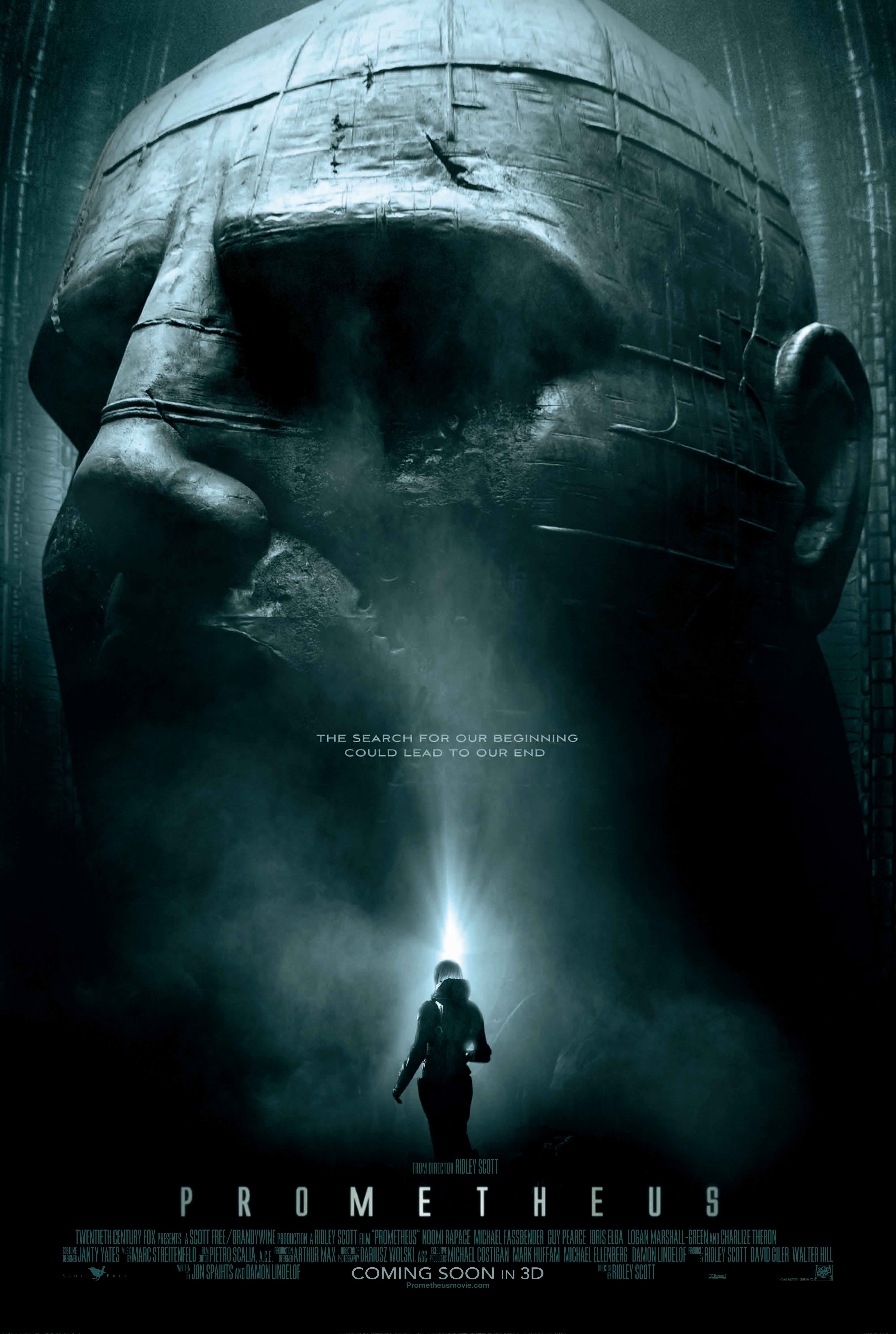I have a friend who is running a mix swap, where people exchange playlists they created. He wants this to be as open and friendly to newcomers and easily intimidated people as possible. He has two things to monitor in this regard:
One, playlists need to be formatted properly for listeners to be able to run on their device of choice (iTunes, a CD, etc) with a minimum of fuss. This means editing the titles so that player order is kept between conversions to different formats, and a number of other small and important tweaks.
Two, MAKING the playlist needs to not be so intimidating that a newbie doesn’t break down in tears because they got the format wrong.
Failing at either one of these, could result in the mixclub getting a reputation for being exclusive and difficult. And you see the irony, that an enthusiastic manager could lean very much into one solution, solely out of desire to make sure people feel the mixswap is easy and low pressure, and inadvertently make it harder on participants on the other end of the axis, thus creating the atmosphere of high pressure and elitism.
There is of course no easy solution, and this falls under the broad category of “competing access needs.” But it seems a very specific category to me, that a lot of different fields face - most importantly sharing the characteristic moral irony. If you go to the ultimate lengths to make newcomers feel included on one access axis, you might actually be making newcomers feel excluded because they now have all these rules they need to follow.
I think of this when I browse reddit where various subreddits are passionate about free-flowing and uncensored discussion, but in order to keep that have a great deal of intimidating rules about formatting and on-topicness and whatnot. Or when I see old GMs talking about all the demands a LARP should satisfy in order to be welcoming to new players. Or of course, discussion about the right words to use to refer to oppressed groups, that can involve high level knowledge of academia or the latest fashion in slang to even participate.
It’s important to understand that in all of these cases the rules enforcement is done with the best of intentions. It’s just important to see whether it is really working out well or not. Are you adding or reducing stress to your most marginal participants? And this is a hard thing to monitor, since your marginal participants are by definition the ones least tied into your feedback loops. If someone doesn’t bother to listen because songs are hard to load you might not know, but also if someone doesn’t make a playlist because formatting is too hard you also wouldn’t know. These are the areas where we are just most likely to fly by the pre-established rules we believe in, and think anyone who deviates from those rules just doesn’t care as much as us.
There tend to be three solutions to this dilemma:
- Decide that one type of newbies really is more relevant than another (because of size of population, or their previous experience, or what you are currently lacking, or just your personal bias) and just go full-throttle on protecting their experience while not worrying about the weight incurred on the other type of newbie. This may in some cases be the right call, though it’s easy to do this while being an asshole too and that is to be avoided.
- Put a great deal of thought and effort into striking the exact right balance, considering concerns of all involved groups, figuring out the comparative advantages where one group’s needs can be satisfied with minimal cost to other groups, and intervening directly to solve problems (like edit playlist files) when necessary.
- A return to deontology, and declare “if I don’t want there to be gatekeeping, then I do that best by not gatekeeping.” This is in some sense “privileging inaction” but in the Kantian sense that the best way to achieve pacifism is for everyone to stop fighting, starting with yourself, rather than hoping you can enforce non-violence with violent power over others.
They all have their merits, and different situations will call for each. All we can preach here is awareness: rather than believing “I am trying to be inclusive and if others don’t agree with me they just aren’t as inclusive as I am”, seeing “this is the choice inclusivity requires, and I am resolving it with this particular solution, but I can see how they care about the same principles but think that other solution is better.”
Relatedly: Freedom always requires someone else be limited, and becomes a discussion of who gets the freedom to enforce what.

